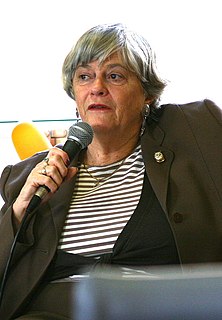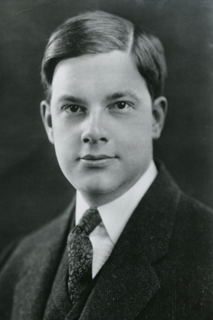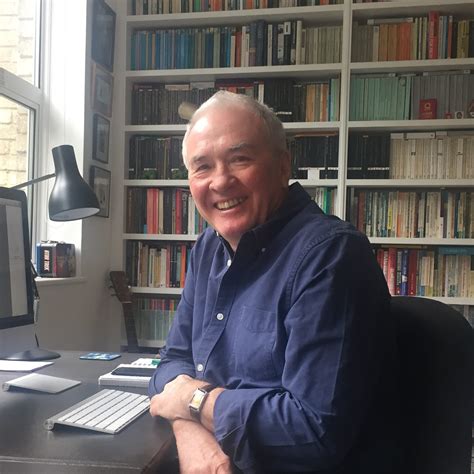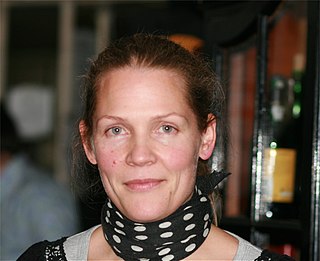A Quote by Ann Widdecombe
The instant you say All Quiet On The Western Front people remember that great 20th century classic book on war, a book about a school boy turned into a soldier overnight.
Related Quotes
Repression is good for cultural achievement. Let's face it. What are gay boys going to be like? I always like to say the 19th-century gay boy was Oscar Wilde, the 20th-century gay boy was Stonewall and ACT UP. And in the 21st century, we have blocking people on Grindr. That's what we've accomplished. Without some kind of traction.
In my book, The Sins of Scripture, I traced the development of tribal religion, which included ideas like God's killing the Egyptians because they hated the chosen people. Then a God of love finally appears in the Book of Hosea, about the 8th century. A God of justice appears in the Book of Amos in the late 8th century or early 7th century.
At present, I am a poet trying to be a soldier. To tell the truth, I am not interested in writing nowadays, except in so far as writing is the expression of something beautiful ... The only sort of book I care to write about the war is the sort people will read after the war is over - a century after it is over.
In the middle of the nineteenth century, the United States embarked on a new relationship with death, entering into a civil war that proved bloodier than any other conflict in American history, a war that would presage the slaughter of World War I's Western Front and the global carnage of the twentieth century.
If you want to write about a person who isn't nice, people say, "This is a bad book. It's about somebody I couldn't stand." But that's not the point. You don't have to like a character to like a book. Most of the time, people would misjudge and say, "I didn't like the book." No, you didn't like the character. That doesn't make it any less interesting of a book. In fact, to me, it makes it more interesting.
The different American experience of the 20th Century is crucial because the lesson of the century for Europe, which essentially is that the human condition is tragic, led it to have a build a welfare system and a set of laws and social arrangements that are more prophylactic than idealistic. It's not about building perfect futures; it's about preventing terrible pasts. I think that is something that Europeans in the second half of the 20th century knew in their bones and Americans never did, and it's one of the big differences between the two Western cultures.
A western buckaroo, I share his scorn for people who go camping by the book, relying on the authority of some half-assed assistant scoutmaster whose total experience outdoors probably consists of two overnight hikes and a weekend in the Catskills. But we have just had that confrontation. The one who goes by Pritchard's book is Sid's wife, and I am wary. It is not my expedition. I am a guest here.
Wayne Wang, the director of Because of Winn-Dixie the movie, understood the book and transferred as much of the feeling of the book onto film as humanly possible. I think he did a fabulous job. And also I'm thrilled because the movie brings people to the book - people that wouldn't know about the book - and that's a great thing.


































